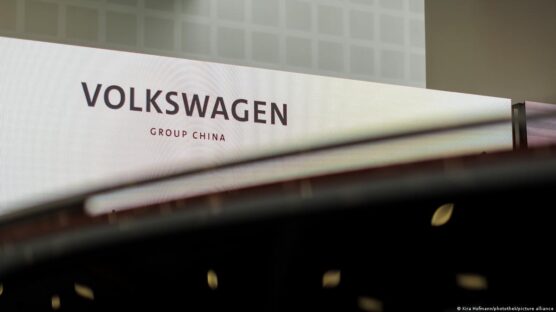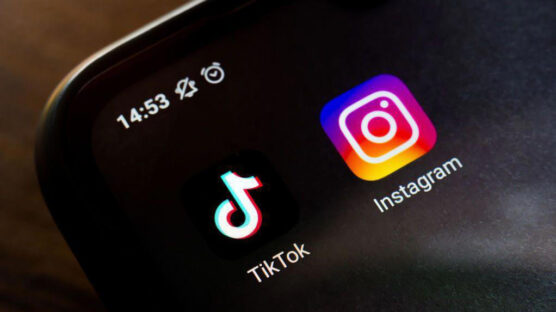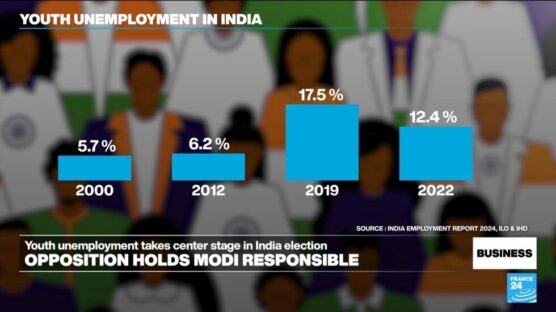US government files landmark anti-trust lawsuit against Google
By Abiodun Ogundairo
24 October 2020 |
10:52 am
The US Justice Department is suing Google, accusing the tech giant of running a monopoly on internet search markets, harming both consumers and competitors. As a remedy, the government is seeking "structural relief": anything from fines to a potential break-up of Google. Also, the World Economic Forum has bold new projections about automation and the future of work. The group says half of all work tasks will be performed by machines by 2025, but new jobs will be created in fields like data, marketing and robotics.
In this article
Related
Related
13 Apr
Volkswagen will expand its production and research facilities in Anhui province as the German automaker looks to reclaim its title as China's top-selling car brand.
14 Apr
TikTok is seemingly developing a photo-sharing app like Instagram.
17 Apr
With Nigeria’s key lending rate at 24.75 per cent, developers in Nigeria’s real estate sector say the rate is fast impacting the growth of the industry. How are developers adapting to market shifts and new opportunities amid these challenges? Ayoolanrewaju Kuyebi, the MD and CEO GMH Luxury joins CNBC Africa for this discussion.
17 Apr
In Nigeria, a pharmacist's club create awareness about andropause. They de-stigmatizes andropause and advocates regularly healthy checks.
4 days ago
Australian scientists say the Great Barrier Reef – the world's largest coral reef, stretching over 2,300 kilometres along the country's northeastern coast – is undergoing its seventh "mass bleaching" event since 1998. This comes after they conducted aerial surveys of more than 300 shallow reef. Faced with climate change, coral reefs are the most vulnerable ecosystems in the world. But various techniques are being experimented to restore them
2 days ago
The world of work is undergoing a rapid transformation, constantly reshaping how we think about work, careers, and success. The rise of remote work, the increasing importance of skills over degrees and of course, the impact of artificial intelligence and automation has all led to what we now call the new work era.
Latest
23 mins ago
As India's opposition leader Rahul Gandhi claims on the campaign trail that Prime Minister Narendra Modi has made the country into a "centre of unemployment", we look at the situation that young Indians face on the job market. Also in this edition, the US will see its first high-speed rail line in 2028, when commuters will be able to travel from Los Angeles to Las Vegas in just over two hours.
23 mins ago
The European Commission on Wednesday announced it is launching an investigation into Chinese public procurement of medical devices.
3 hours ago
Guardian Woman Festival: Fostering inclusion and empowerment in aviation.
7 hours ago
Private sector players are urging the Nigerian government to suspend the increase in electricity tariff for band A customers, citing the recent appreciation of the naira, a part of the determining factor for the tariff. Segun Ajayi-Kadir, Director General of the Manufacturers Association of Nigeria, joins CNBC Africa for this and more.
7 hours ago
Amnesty International is accusing Israel of a flagrant disregard for international law during its offensive in Gaza. The organisation's annual report says the situation is being compounded by the failures of Israel's allies to stop the indescribable civilian bloodshed being seen in the Palestinian enclave.
7 hours ago
The president of the Confederation of African Football (CAF) Patrice Motsepe discussed his ambitions for African football and his tenure as CAF president.
×

Get the latest news delivered straight to your inbox every day of the week. Stay informed with the Guardian’s leading coverage of Nigerian and world news, business, technology and sports.


















0 Comments
We will review and take appropriate action.